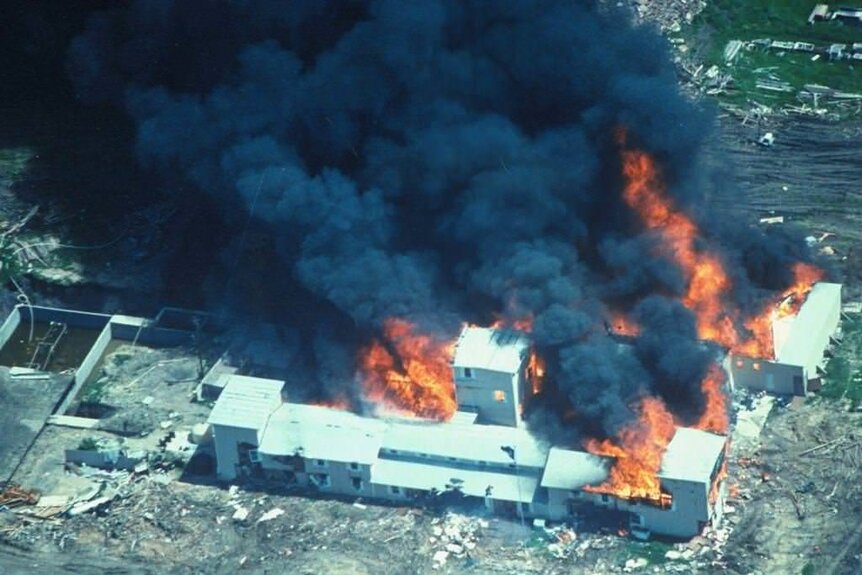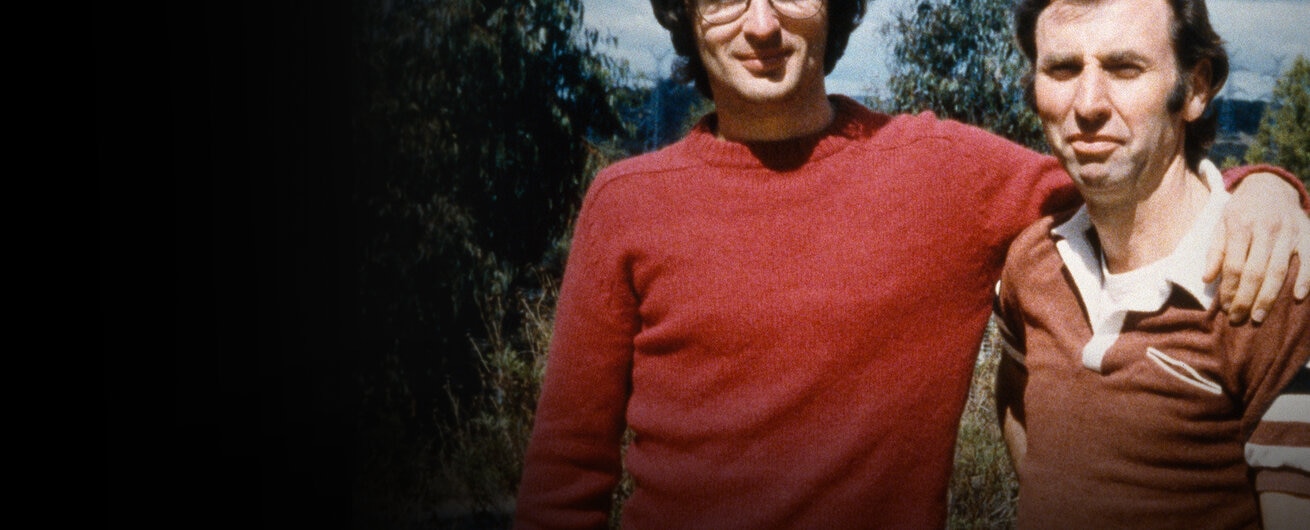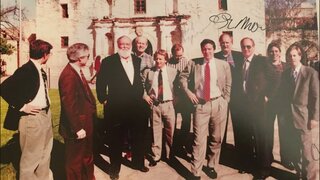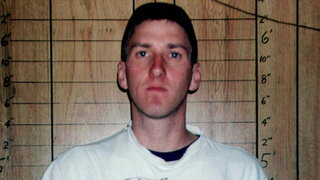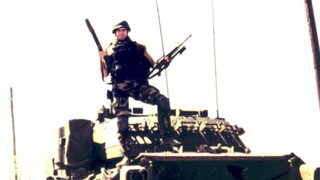Create a free profile to get unlimited access to exclusive videos, breaking news, sweepstakes, and more!
How Was Oklahoma City Bomber Timothy McVeigh Connected To Waco?
Waco was one of the catalysts for the Oklahoma City Bombing, the deadliest act of terrorism on American soil.
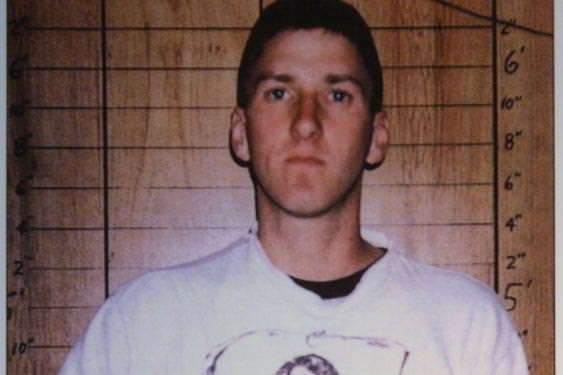
On a spring day in 1995, Timothy McVeigh parked a Ryder truck with a five-ton fertilizer bomb in front of the Alfred P. Murrah Federal Building in Oklahoma City. When it exploded, the building was a shell of what it used to be, 168 people were dead and over 680 others were hurt. April 19, 1995 remains to this day the deadliest act of domestic terrorism on American soil.
McVeigh, the mastermind, was put to death in 2001 for his part. His friend Terry Nichols was convicted of being an accomplice to the bombing in 2004. He’s currently in jail, where he will be for the remainder of his life, on 161 counts of first-degree murder, first-degree arson and conspiracy.
Why did they do it?
Timothy McVeigh’s anger towards the government was brewing for years before the bombing. It all began with him being honorably discharged from the U.S. Army in 1991.
Jody Lyneé Madeira, author of the 2012 book "Killing McVeigh: The Death Penalty and the Myth of Closure," told Oxygen.com the discharge was one pivotal moment which had a negative impact on his life. Another was when he was rejected from the Green Berets. He began associating with racist groups including Christian Identity, which has been deemed an anti-semitic hate group.
He became enraged by the Ruby Ridge standoff in 1992 when white separatist Randy Weaver was embroiled in a standoff with federal agents at his cabin with his family. Weaver was accused of selling illegal sawed-off shotguns, His wife and son died were killed by the agents.
“McVeigh was very adamant that a number of things had fueled his anger. He referred to the U.S. bombings of other countries abroad but Waco and Ruby Ridge really crystallized and focused his anger,” Madeira said, adding that these incidents demonstrated aggression by the government.
Waco, Texas appeared to be the main catalyst for McVeigh’s future deadly plans. He took interest in the Branch Davidians, David Koresh’s cult, after federal agents first raided their compound Mount Carmel on February 28, 1993; McVeigh believed that the cult members’ constitutional right to bear arms was being violated, according to News Oklahoma. Four federal agents and six cult members died on that day. A dramatic, 51-day standoff ensued. During that time, supporters of Koresh gathered near the compound on a hill where the compound was just barely visible in the distance. McVeigh was one such supporter.
“He was actually outside Waco, handing out literature,” Madeira told Oxygen.
There, he sold pro-gun and anti-government bumper stickers from his car. According to Stuart A. Wright, author of the 2007 book Patriots, "Politics and the Oklahoma City Bombing," the bumper stickers included these slogans:
"Fear the Government That Fears Your Guns"
"When Guns are Outlawed, I Will Become an Outlaw"
"Politicians Love Gun Control"
"A Man with a Gun is a Citizen. A Man without a Gun Is a Subject"
"Ban Guns. Make the Streets Safe for a Government Takeover"
On April 19, 1993, federal agents destroyed the compound. It resulted in the death of 80 Branch Davidians, children included.
"We were all upset," Nichols’ older brother James Nichols told News Oklahoma. The brothers and McVeigh were all watching the destruction of the compound on television. "We were all in shock, saying, 'Man, they're burning it, and nobody's coming out.' We could see it was deliberate.”
[The Branch Davidian compound at Waco in 1993; Photo: Getty Images]
McVeigh blamed the government for the deaths and set his sights on revenge, hence targeting a federal building on the two-year anniversary of Waco.
“April 19th was the end date of Waco and I don’t think there’s a larger statement on how strongly that made an impression on him other than two years later that’s the date of the bombings,” Madeira said.
McVeigh admitted that the bombing at the government building in Oklahoma City was revenge for Waco and Ruby Ridge, according to the Associated Press.
"Tim McVeigh was a soldier's soldier," Randy Weaver from Ruby Ridge told the Missoulian in Montana. "What he did was he switched sides. He declared war on the U.S. government."
The Branch Davidians have made it clear that they do not view McVeigh as a martyr for their cause.
''I don't mourn him, and we would never support what happened in Oklahoma City,'' Sheila Martin, whose husband and four children perished at Waco, told The New York Times after McVeigh’s execution in 2001. ''I wish Timothy McVeigh had come and talked to us. If he really had all that anger, I would have told him to redirect it in a different way. I would have asked him to come and help rebuild our church.''
[Photo: Getty Images]
